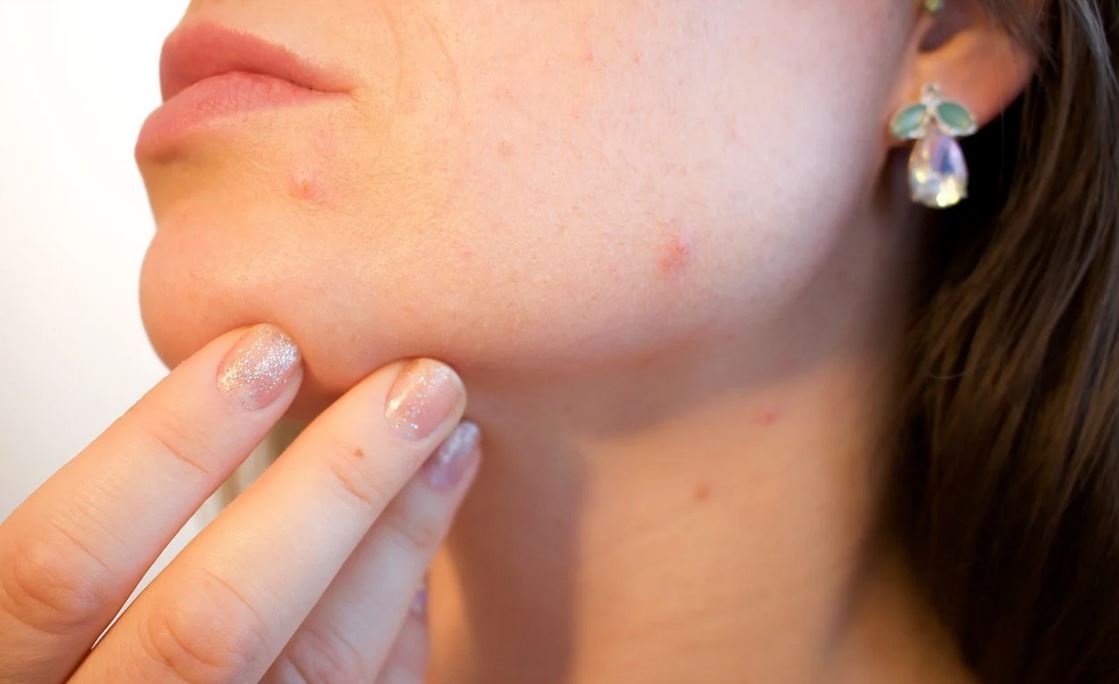Acne goes by many different names—Blemishes, bumps, breakouts, pimples—not only that, but it also has several types, which can be tough to understand if you’re looking for their treatment options.
Acne is a very common skin condition that is most prevalent in teenagers, though it can occur at any age. Acne generally happens when the pores of your skin get clogged by hair, oil, bacteria, or dead skin cells, and this blockage produces blackheads, pustulates, or other kinds of bumps.
Let’s dive a bit deeper into the world of acne conditions, how they occur and how you can prevent them.
How Does Acne Occur?
Before we can discuss its many variations, first, we need to understand why acne occurs in the first place.
The typical spots where people get acne is around the face, forehead, shoulders, chest, and upper back. Acne originates from skin hair follicles and oil glands, and it occurs mainly due to three major reasons, which are when:
- Sebaceous glands or hair follicles produce too much oil.
- Bacteria and dead skin cells build up in pores.
- An outbreak of acne-causing bacteria happens.
Skin is filled with pores from which hair follicles, oil, sweat come out. Throughout your body, wherever there are pores with oil glands, that’s where acne can occur. You don’t get acne on the soles of your feet or hands because those glands aren’t present there.
Basically, when your body produces too much oil, or Sebum as it’s called, it can clog pores and cause acne as a result.
Common Types of Acne
Knowing the type of acne you suffer from is crucial to finding the best acne spot treatment for your particular problem. Since there are various kinds of acne, their treatments vary from each other.
Often, the same treatment might not work for everyone facing a similar type of acne, which is why it’s important to try different medications before you can identify one that would work best for you.
Acne can take several different forms, including:
- Blackheads: If a pore fills with excess oil or dead skin but stays open, those are called blackheads. They seem as if dirt has been deposited on the skin, but they aren’t dirt, so avoid scrubbing them; it will only worsen your condition.
- Whiteheads: In whitehead acne, the pores filled with debris are clogged all the way through, causing them to be closed. Whiteheads cannot be removed by squeezing or popping them.
- Papules: Papules are small red or pink lumps that form when too much oil or dead skin cells block a pore and mix with the bacteria present on your skin. Papules are a form of inflammatory acne.
- Pustules: Pustules are also small red or white bumps similar to papules. But unlike papules, pustules inflame and irritate the skin around them.
- Nodules: Nodules are solid pimples, red or flesh-colored, that are deep in your skin and can be irritating. They are the outcome of bacteria causing painful infections deep under pores.
- Cysts: Cyst spots are large, inflamed, and pus-filled. It is one of the most severe forms of acne and can cause scars if not treated immediately. Getting treatment from a dermatologist is suggested in this case.
Ways to Prevent Acne
Moisturize Your Face and Skin
In addition to washing your face at least twice a day to remove impurities, moisturizing it is also important. Avoid moisturizers that might dry the skin further and result in skin peeling.
Ideally, find a moisturizer with the word “noncomedogenic” on its label, which means it shouldn’t cause or worsen acne. Not cleaning your face after you sweat can also exacerbate the effects of acne.
Avoid Harmful Products
Often when people use oils, gels, or pomades on their hair, it flows down to their forehead and face, causing pores to get blocked and irritating the skin. Oily hair could also add to the oil on your face, so it’s best to use gentle shampoo and conditioner to wash hair regularly.
Protect Your Skin From the Sun
Many people don’t realize it, but tanning can damage your skin. The sun’s ultraviolet rays can increase inflammation and redness. Some acne medications are known to make people sensitive to sunlight. There are multiple ways to protect yourself from the sun, like wearing protective clothing and applying sunscreen.

